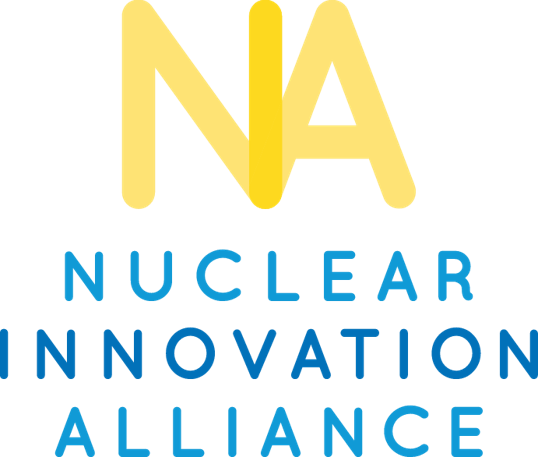
WASHINGTON D.C. This opinion piece was published on September 11, 2024 on Utility Dive. To read the full article, click here: Why many environmentalists are warming to nuclear power. The first three paragraphs of the article can be seen below.
In 1981, young activists staged demonstrations to shut down the Diablo Canyon nuclear reactor in California to protect the environment. Forty years later, young activists staged demonstrations to save the plant to protect the environment. And while opposition persists, recent surveys indicate increasing support for nuclear power among environmentalists.
As a long-time energy and environmental analyst, I know that facts and analysis matter to public and private decision makers, but they are not always determinative. By that, I mean that facts and analysis are not always enough to change opinions and compel action. Interestingly, it is facts and analysis that are changing the hearts and minds of many environmentalists with respect to nuclear power.
Policy and investment analysts are trained to ask two questions about a proposed action: (1) What are the pros and cons (aka costs and benefits) and (2) Compared to what? Forty years ago, many environmentalists were firmly anti-nuclear. It turns out this positioning was, in many cases, based on an incomplete analysis of these two questions, even considering what was known at the time. In addition, we have learned things over the past forty years that affect the costs and benefits of, and alternatives to, nuclear power. What did we miss? What were we wrong about then? And what have we learned?
[To read the full op-ed, click the link above]
---
For media inquiries, please contact Ben Finzel at info@renewpr.com.
The Nuclear Innovation Alliance (NIA) is a non-profit think-and-do-tank working to enable nuclear power as a global solution to mitigate climate change. Through policy analysis, research, and education, we are catalyzing the next era of nuclear energy. Our organization is funded primarily through charitable grants and philanthropic donations from climate-concerned individuals and organizations.